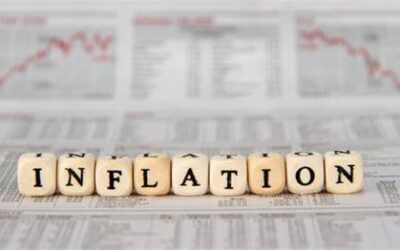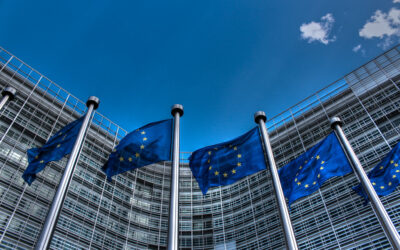
The European Union has granted approval for a two-year extension on the implementation of Sustainability Reporting Standards, particularly for specific sectors and non-EU companies.
EU member states within the European Council have confirmed their endorsement of a directive that postpones the requirement for companies to furnish sector-specific sustainability disclosures and sustainability reports from companies outside the EU, as outlined in the Corporate Sustainability Reporting Directive (CSRD).
This decision from the EU Council marks the final phase in ratifying the delay in implementing the sector-specific and third-party entity European Sustainability Reporting Standards (ESRS), following its earlier approval by the European Parliament in April 2024. ESRS delineates the regulations and criteria for companies to report on sustainability-related impacts, opportunities, and risks under the EU’s CSRD, which came into effect at the outset of 2024.
Initially proposed by the EU Commission in October as part of its 2024 Commission Work Program, this delay aligns with the Commission’s commitment to alleviate reporting burdens for companies. Notably, it postpones the deadline for adopting sector-specific European Sustainability Reporting Standards (ESRS) among the key initiatives listed.
The Council asserts that this postponement will enable companies to concentrate on implementing the initial set of ESRS, minimizing reporting obligations to essential levels. Additionally, it affords more time for crafting sector-specific standards and reporting requirements for non-EU companies.
The first set of ESRS regulations, sanctioned by the Commission in July 2023, established sector-agnostic sustainability reporting obligations. Subsequently, the CSRD mandated the adoption of sector-specific ESRS by the end of June 2024, delineating sustainability data for companies based on their respective industries.
Moreover, the CSRD mandated large non-EU companies operating within the EU to furnish sustainability reports. Initially scheduled for adoption by the end of June 2024, the ESRS regulations for these entities were designed to commence reporting in 2028.
Under the newly sanctioned directive, the deadline for non-EU companies to adopt ESRS has been deferred to the end of June 2026. Simultaneously, the deadline for sector-specific ESRS adoption has been postponed by two years. In the agreement between the EU Council and Parliament on this directive, legislators have urged the Commission to expedite the publication and adoption of sector reporting standards well before the new deadline in 2026.
References
European Council . (2024, April 29). Council adopts directive to delay reporting obligations for certain sectors and third country companies. Retrieved from European Council : https://www.consilium.europa.eu/en/press/press-releases/2024/04/29/council-adopts-directive-to-delay-reporting-obligations-for-certain-sectors-and-third-country-companies/
Segal, M. (2024, April 30). EU Approves 2 Year Delay to Sustainability Reporting Standards for Specific Sectors and non-EU Companies. Retrieved from ESGtoday: https://www.esgtoday.com/eu-approves-2-year-delay-to-sustainability-reporting-obligations-for-specific-sectors-and-non-eu-companies/
Photo:
image_2019-10-17_14-15-58-e1571307328994-700×336.jpg (700×336) (researchleap.com)



